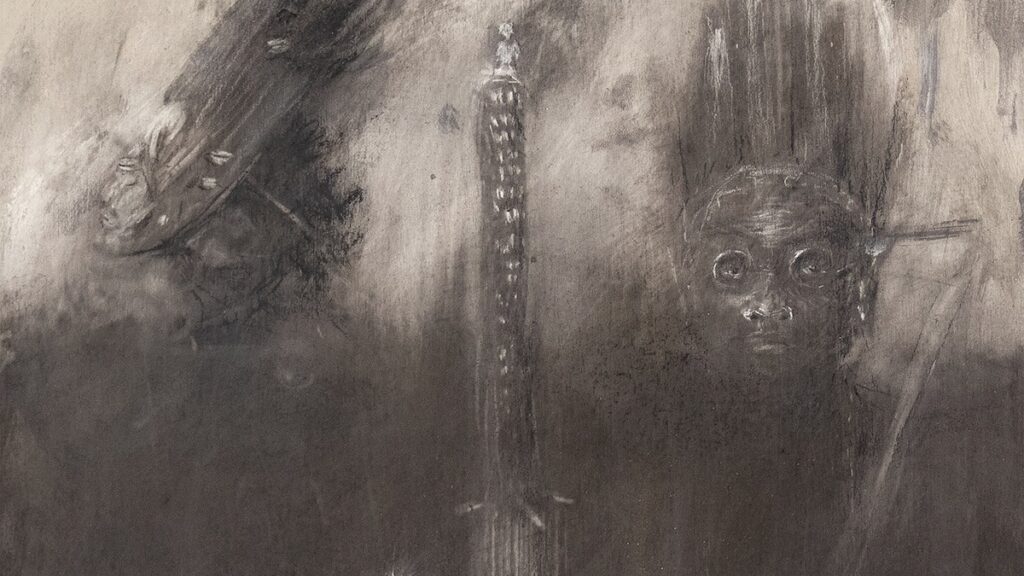Throughout 8 albums, Moor Mom—aka Camae Ayewa—has bore witness to historical past’s sins, threading connections between previous, provide, and long run in a sensory overload fusing commercial noise, “witch rap,” and loose jazz. “Going to look Emmett Until out his casket/Crushed to dying with a hatchet/For whistlin’ at white women,” she rapped on 2016’s Fetish Bones. On 2020’s Circuit Town, she traced the racial disparities fueling the housing disaster. And on 2022’s Jazz Codes, she documented the erasure of Black genres in an try to rescue them from institutional amnesia.
On The Nice Bailout, Moor Mom interrogates the knotty courting between Europe and Africa, confronting the long-lasting legacy of colonialism. Journeying again to the nineteenth century, she shines a focus on Britain’s Slavery Abolition Act of 1833—a perverse type of reparations that compensated former slave homeowners, to the music of £20 million. The enslaved folks within the British Caribbean gained not anything; somewhat, they had been subjected to a four-year transition duration, throughout which they had been compelled to paintings with out pay. The Father or mother known as it “the most important bailout in British historical past till the bailout of the banks in 2009”. Funded by means of British taxpayers throughout generations, the debt used to be best repaid in 2015.
By way of grounding The Nice Bailout within the bedrock of British colonialism, Ayewa finds an lost sight of narrative of slavery, one incessantly eclipsed by means of stories of American enslavement. Concurrently, she connects the dispersed voices of the African diaspora by means of mapping out the far-reaching echoes of Eu imperialism, and becoming a member of forces with friends like British Iraqi soprano Alya Al-Sultani. Strains like “Who’s with out citizenship?” and “Who’s nonetheless burning?” be offering reminders of historical past’s grip on as of late’s crises, whether or not in Palestine, Sudan, or alongside the the Mexican-American border.
Unfathomable sorrow and regulated fury give the album its form. At the opening “GUILTY,” Lonnie Holley sings over Raia Used to be’ siren calls, “We watched the slave ships being unloaded,” as harpist Mary Lattimore plucks out gossamer melodies; Moor Mom’s voice rises within the combine, whispering “Accountable, to blame,” sooner than turning to an accusation: “Paying the crimes off/Did you repay the trauma?” Constructed from sputtering drum machines, jazz horns, and queasy digital tones, The Nice Bailout is a disorienting corridor of mirrors without a go out in sight. Each and every asymmetric loop and distorted blast amplifies the sensation of being trapped in a Dutch perspective. Similar to Moor Mom’s Analog Fluids of Sonic Black Holes, The Nice Bailout revels in discomfort. “ALL THE MONEY” suggests an illbient tackle a Jordan Peele mystery, and the glitch-corrupted “LIVERPOOL WINS,” co-produced with Wolf Eyes’ Aaron Dilloway, seems like waking right into a nightmare.


